
Find Help
More Items From Ergsy search
-

Can students apply for Cost-of-Living support?
Relevance: 100%
-
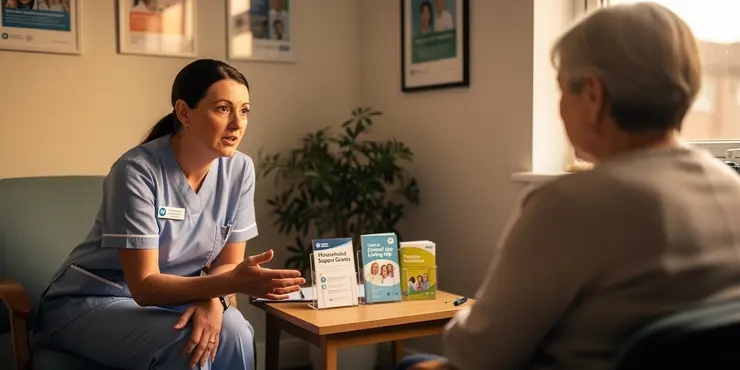
What are Household & Cost-of-Living Support grants?
Relevance: 65%
-

What are Household & Cost-of-Living Support grants?
Relevance: 61%
-

How can I apply for a Household & Cost-of-Living Support grant?
Relevance: 61%
-

Who is eligible for Household & Cost-of-Living Support grants?
Relevance: 59%
-
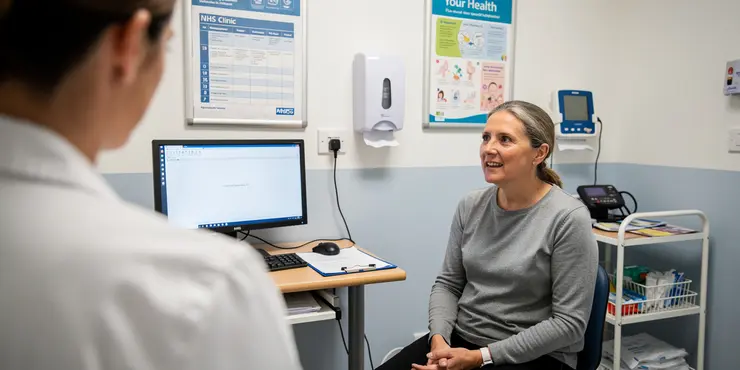
Who is eligible for Household & Cost-of-Living Support grants?
Relevance: 58%
-

How can teachers support students with ADHD?
Relevance: 48%
-
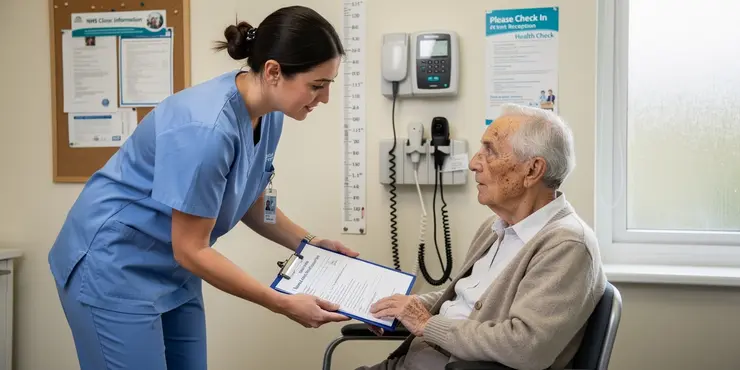
Do I need to pay back Household & Cost-of-Living grants?
Relevance: 46%
-

How can I apply for a Household & Cost-of-Living Support grant?
Relevance: 44%
-
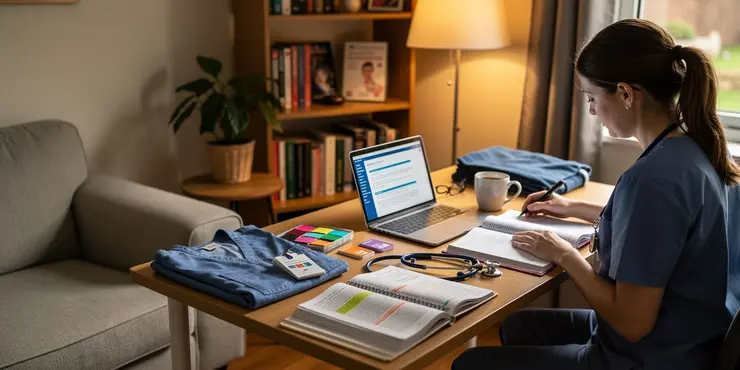
What funding options are available for nursing students in the UK?
Relevance: 37%
-

UNDERSTANDING YOUR STUDENT LOAN: A GUIDE FOR ENGLISH STUDENTS STARTING AN UNDERGRADUATE COURSE 2023
Relevance: 36%
-
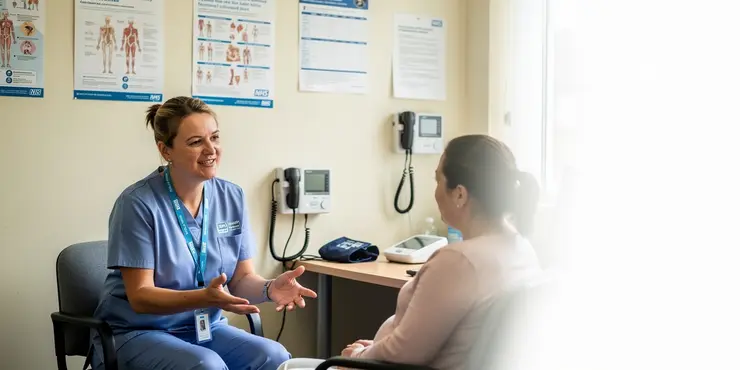
What Household & Cost‑of‑Living Support grants may be available to me?
Relevance: 35%
-

Are students eligible for the £500 cost of living payment?
Relevance: 35%
-
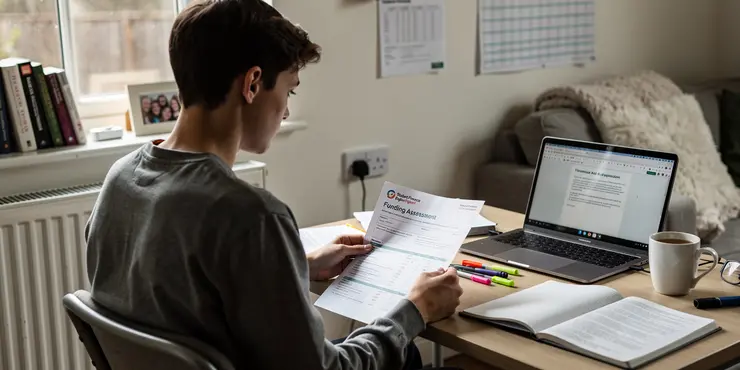
Is there an income threshold for students to qualify for the payment?
Relevance: 35%
-

Do international students qualify for the £500 payment?
Relevance: 35%
-

Are students required to pay for a TV license?
Relevance: 35%
-

Is documentation of student status required for the payment?
Relevance: 34%
-

Can part-time students apply for the £500 payment?
Relevance: 34%
-

Is bankruptcy an option for student loan discharge?
Relevance: 34%
-
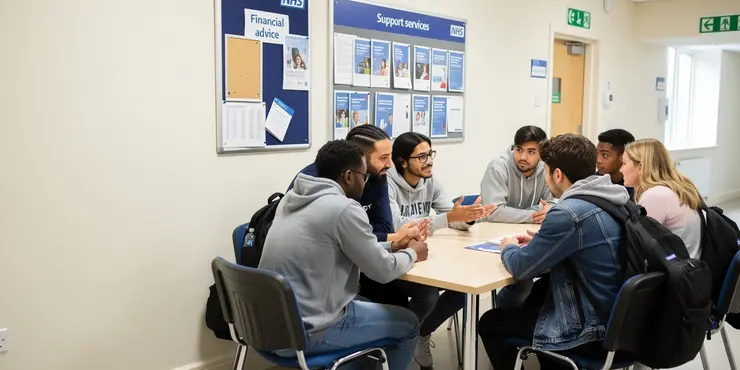
Will students receive the payment directly into their bank accounts?
Relevance: 34%
-

What happens if I default on my student loan?
Relevance: 34%
-
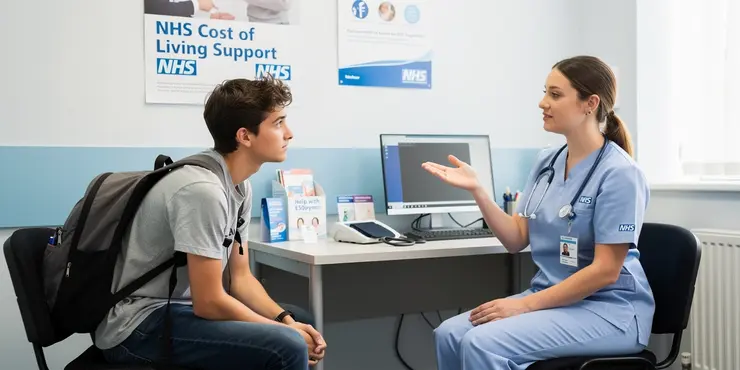
Can students receive the £500 cost of living payment?
Relevance: 34%
-

Do international students need the meningitis vaccine?
Relevance: 33%
-

Can I negotiate a settlement for my student loan?
Relevance: 33%
-

What criteria must be met for students to receive the payment?
Relevance: 33%
-

Are school meals free for all students in the UK?
Relevance: 33%
-

Can interest rates on student loans be reduced?
Relevance: 32%
-

Can mature students apply for the £500 cost of living payment?
Relevance: 32%
-

Can I get a job with the National Trust if I am a student?
Relevance: 32%
-

Can my wages be garnished for unpaid student loans?
Relevance: 32%
-

Should college students get the meningitis vaccine?
Relevance: 32%
-

How can students apply for the £500 cost of living payment?
Relevance: 32%
-
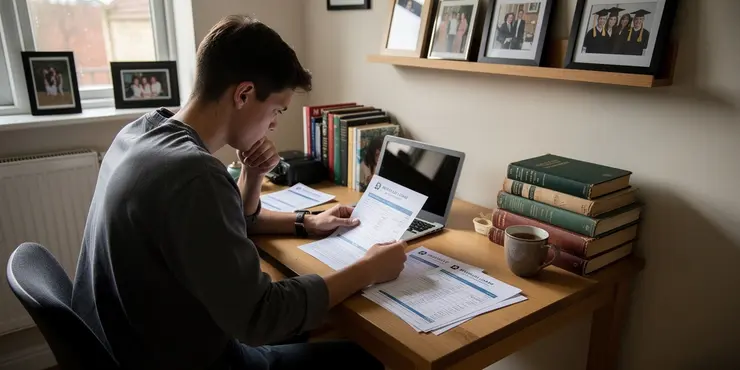
Are there implications for student loan repayments with 2026 changes?
Relevance: 31%
-

What happens if i can not afford to repay my student loan?
Relevance: 31%
-

What role do teachers play in supporting SEND children?
Relevance: 31%
-
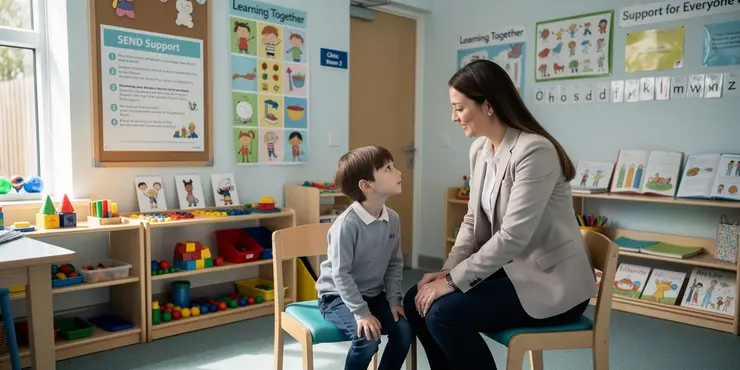
How do funding and resources affect SEND support?
Relevance: 30%
-

What role do schools play in supporting the social media ban?
Relevance: 30%
-
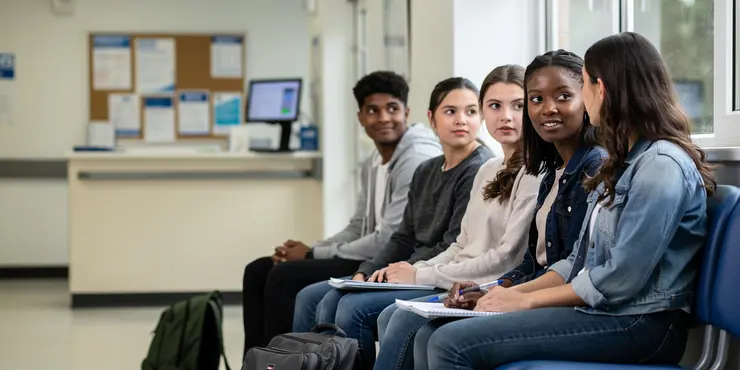
What is the deadline for students to apply for the £500 payment?
Relevance: 30%
-

Student Finance: Should I pay more? | Plan 1 & Plan 2 | SF Explained
Relevance: 29%
-

How does missing student loan payments affect my credit score?
Relevance: 29%
Introduction to Cost-of-Living Support for Students
In recent years, the rising cost of living has become a significant concern for students in the UK. As tuition fees, housing costs, and daily expenses increase, students often find themselves struggling to make ends meet. This has led many to seek financial assistance in the form of cost-of-living support. But can students apply for such support, and if so, how can they access it? This article explores the options available to students in the UK for obtaining cost-of-living support.
Understanding Cost-of-Living Support
Cost-of-living support typically includes financial aid provided to individuals to help cover essential living expenses. For students, this support can come in various forms, such as grants, bursaries, and loans. These funds are intended to ease the financial burden associated with higher education and can cover expenses such as rent, food, transportation, and study materials.
Eligibility for Student Support
Students in the UK may be eligible for different types of cost-of-living support depending on their circumstances. Typically, eligibility is based on factors such as income level, residency status, and enrollment in a qualifying course. Domestic students, who are UK residents, have different options compared to international students, who may have limited access to some forms of support. Additionally, students from lower-income families may receive more substantial aid to help offset their financial constraints.
Types of Support Available
There are several types of support available to students in the UK:
Student Loans: These are provided by the government's Student Loans Company and include maintenance loans to cover living costs. The amount awarded depends on household income and location of study.
Grants and Bursaries: These do not need to be repaid and are often provided by universities, private organizations, or charitable foundations. They are typically awarded based on financial need or academic merit.
Scholarships: While scholarships are often seen as awards for academic excellence, some also consider financial necessity as a criterion.
University Hardship Funds: Many universities offer hardship funds for students facing unexpected financial difficulties. These funds are discretionary and available to students in acute financial distress.
How to Apply for Support
To apply for cost-of-living support, students should begin by researching the specific requirements and deadlines associated with each type of funding. Applications for student loans are typically managed through the UK government's Student Finance system. For grants and bursaries, students should check with their university's financial aid office or the relevant organization offering the support. Additionally, students can consult university support services for guidance and assistance in navigating available resources.
Conclusion
The cost of living is a critical concern for many students in the UK. Fortunately, there are numerous forms of support available to help alleviate financial pressures. By understanding the types of support available and the application process, students can access the resources they need to ensure a stable and manageable financial situation throughout their studies.
Help for Students with Living Costs
Life is getting more expensive in the UK. This is worrying for students. Things like school fees, rent, and daily spending are going up. Many students find it tough to pay for everything. This is why they look for help with living costs. But can students get this help? If they can, how do they get it? Let's find out how students in the UK can get help for living costs.
What is Cost-of-Living Support?
Cost-of-living support is money given to people to help pay for important needs. For students, this help can be grants, bursaries, or loans. This money is to help with school costs like rent, food, travel, and school supplies.
Who Can Get Student Support?
Students in the UK might get help with living costs. This depends on things like how much money they have, where they live, and the kind of course they are doing. UK students have more support options than international students. Students with less money at home might get more help.
Types of Support You Can Get
Here are some types of help for students in the UK:
Student Loans: The government gives these loans. They help pay for living costs. How much you get depends on your family's income and where you study.
Grants and Bursaries: You don’t have to pay these back. They come from universities or charities. They are given because you need money or do well in school.
Scholarships: These are usually for good grades, but can also be for those who need money.
University Hardship Funds: If you have unexpected money problems, your university might help you. These funds are for students who really need money quickly.
How to Get Support
To get help with living costs, students should first learn about what is needed and when to apply for each type of support. You can apply for student loans through the UK government's Student Finance system. For other help like grants, check with your university's financial aid office or the group giving the support. Your university can also help you find out what support is there for you.
Conclusion
Living costs can worry many students in the UK. But luckily, there are many types of help to make things easier. By knowing what help is there and how to apply, students can get the support they need to manage their money while studying.
Frequently Asked Questions
What is cost-of-living support for students?
Cost-of-living support for students refers to financial assistance programs designed to help students cover their daily living expenses, such as housing, food, and transportation.
How can students apply for cost-of-living support?
Students can typically apply for cost-of-living support through their educational institution's financial aid office or by applying directly to government or private programs that offer such assistance.
Who is eligible for cost-of-living support?
Eligibility for cost-of-living support varies by program. Generally, students must demonstrate financial need and be enrolled in a recognized educational institution. Some programs may have additional requirements.
When is the application period for cost-of-living support?
The application period for cost-of-living support depends on the specific program. Students should check with their institution or the program provider for exact dates.
What documents are required to apply for cost-of-living support?
Common documents required include proof of enrollment, income statements, tax returns, and identification documents. Specific requirements vary by program.
Can international students apply for cost-of-living support?
International students may be eligible for some cost-of-living support programs, but eligibility often depends on their visa status and the specific program criteria.
Is there any cost-of-living support available for part-time students?
Some programs offer cost-of-living support to part-time students, although they may need to meet specific criteria related to their enrollment and financial need.
What types of expenses does cost-of-living support cover?
Cost-of-living support can cover expenses such as rent, utilities, food, transportation, and other essential living costs.
How long does it take to receive cost-of-living support once applied?
The time frame for receiving support varies by program. Generally, it can take several weeks to a few months from the application submission to receiving funds.
Can students receive cost-of-living support if they already have a scholarship?
Yes, students may receive cost-of-living support in addition to scholarships, although the support amount may be adjusted based on existing financial aid.
Are there cost-of-living support programs specifically for graduate students?
Yes, some programs are specifically designed to support graduate students with their living expenses.
How is financial need assessed for cost-of-living support?
Financial need is typically assessed based on income, family size, and other financial obligations using submitted financial documents.
How often do students need to reapply for cost-of-living support?
Students usually need to reapply for cost-of-living support each academic year or as determined by the program.
Can cost-of-living support be used to pay for books and supplies?
While primarily for living expenses, some programs may also allow funds to be used for educational expenses like books and supplies.
Are there any consequences for misusing cost-of-living support funds?
Yes, misuse of funds can lead to having to repay the support, losing future eligibility, or facing disciplinary action.
Can students work while receiving cost-of-living support?
Yes, students can usually work while receiving support, but their income may affect the amount of aid they receive.
What happens if a student’s financial situation changes after receiving support?
Students should report changes in their financial situation to the program provider, as it may affect their eligibility or support amount.
Can cost-of-living support impact a student's financial aid package?
Yes, receiving cost-of-living support can affect the composition of a student's overall financial aid package.
Where can students find information about available cost-of-living support programs?
Students can find information through their school's financial aid office, government websites, and nonprofit organizations that focus on student assistance.
Can cost-of-living support programs cover childcare expenses?
Some programs may provide assistance with childcare expenses as part of their cost-of-living support, depending on the program's criteria.
Help for Students with Living Costs
Cost-of-living help for students gives money to students to help them pay for important things like a place to live, food to eat, and getting around.
How can students get help with living costs?
Students can get money help to pay for things they need. Here is how:
- Ask the school or college for money help forms.
- Fill out the form with your name, address, and why you need money help.
- If you need help filling the form, ask a teacher or an adult you trust.
- Return the form to the school or college.
Some tools can help you understand better:
- You can use a dictionary to find out what words mean.
- You can ask a friend or family member to read with you.
Students can usually ask for help with living costs. They can do this through their school’s money help office. They can also apply to government or private groups that give this kind of help.
If you find reading hard, here are some tips:
- Use simple words when you read.
- Read one sentence at a time.
- Ask someone to read with you or help explain.
- Try using audio books to listen while you follow the text.
Who can get help with living costs?
You can get help with money for living costs in different ways. Each way has its own rules. Usually, you need to show that you need the money and that you are going to a real school or college. Some ways might ask for extra things.
When can I apply for help with living costs?
The government has a time when you can ask for money to help with bills. This is called the "application period." You need to know when it starts and ends, so you can fill out the forms on time.
Here are some tips to help you apply:
- Use a calendar to mark the start and end dates.
- Ask a friend or family member for help if you find forms hard to fill out.
- Look for online tools that can guide you, like step-by-step guides.
Remember to start early so you don't run out of time!
The time to apply for money help depends on the program. Students should ask their school or program provider for the exact dates.
What papers do you need to get help with living costs?
You will need to show some papers like proof that you are in school, papers that show how much money you make, tax forms, and ID cards. Different programs might ask for different things.
Can students from other countries get help with living costs?
If you are a student from another country, you might be able to get money to help with living expenses. Ask your school for more information. You can also use tools like pictures or read-aloud apps to help understand.
International students might get help with living costs. Whether they can get help depends on their visa type and the rules of the program.
Can part-time students get help with living costs?
If you are a part-time student, you might wonder if there is help with money for living costs. Let's find out if you can get help.
Here are some things you can do to find out:
- Check with your school. They may have special programs to help you.
- Look online for student money help. There might be websites with good information.
- Ask friends who are students. They might know where to get help.
Remember, there are apps and tools that can help you understand money better, like money calculators or budgeting apps.
Some programs help part-time students with living costs. But, students might need to meet certain rules about their enrollment and money needs.
What can cost-of-living help pay for?
Cost-of-living help is money or support to pay for things you need. Here are some things it can help with:
- Rent or House Bills: Paying for your home or bills like water and electricity.
- Food: Buying food to eat.
- Transport: Paying for buses, trains, or petrol.
- Healthcare: Medicine or doctor visits.
If you need help understanding, you can ask someone you trust to explain. You can also use tools like Read Aloud apps to hear the words.
Help with living costs can pay for things like rent, gas and electricity, food, getting around, and other important things you need.
How long do I wait for cost-of-living help after applying?
When you ask for help with living costs, it might take some time to get it.
Here are some tips to help you:
- Ask someone to help you fill out forms.
- Check your application to make sure everything is right.
- Look online or call to see how your application is going.
- Ask a family member or friend to help you keep track of time.
The time it takes to get help is different for each program. Usually, you might wait a few weeks to a few months after you send in your application to get the money.
Can students get extra money for living if they already have a scholarship?
Do you have a scholarship?
You might still get extra money to help with living costs.
Here’s what to do:
- Check with your school help desk.
- Ask a teacher or counselor.
They can give you the right information.
Yes, students can get extra money to help with living costs besides their scholarships. But the amount might change if they already get other help with money.
Is there help with money for graduate students?
Some programs can help graduate students with living costs. These programs offer money support to make things easier. If you are a graduate student, check if you can get this help. Use simple tools like lists or charts to see what programs are available. Talking to a school advisor can also be helpful. They can tell you about support that is right for you.
Yes, some programs are made to help students with money for living costs while they study.
How do we decide if someone needs help with living costs?
When people look at money needs, they often check how much money someone makes, how big their family is, and other money things using papers people send.
Tools like a calculator can help with money stuff. Drawing pictures or using lists can also make it easier to understand.
How many times should students ask for help with living costs?
Each school year, students usually have to ask for money help again. The program decides when they need to apply.
Can I use cost-of-living money to buy books and supplies?
You can use cost-of-living money to help pay for things you need, like books and supplies. This money helps you with everyday costs. If you're not sure, you can ask someone for help.
Tools like picture charts or simple lists can also help you plan how to use your money. You can also try using apps that help you manage your spending.
Most of the time, the money is for living costs. But some programs may let you use the money for things like school books and supplies too.
Can you get in trouble for using cost-of-living support money the wrong way?
If you don't use cost-of-living support money right, you might get in trouble. You should always use the money for what it is meant for.
Here are some tips to help you:
- Make a list of what you need to spend the money on.
- Ask someone you trust to help you plan how to use the money.
- Keep your receipts to show what you spent the money on.
If you are not sure, ask for help. It's okay to ask questions!
If you use money the wrong way, you might have to pay it back. You might not get help with money again. You could also get in trouble.
Can students have a job and still get money for living costs?
Yes, students can usually have a job and get help at the same time. But, the money they earn from work might change how much help they get.
What if a student’s money situation changes after getting help?
If a student gets money help but their money situation changes, they should tell the school. The school can check if the student still needs the same help or different help.
If you find this hard to read, you can ask someone to read it with you or use a screen reader to help understand the information.
If your money situation changes, tell the program helper. This might change the help you get or if you can still be part of the program.
Can help with living costs change a student's money help for school?
Yes, getting extra money for living costs can change the way a student's financial help is put together.
Where can students look for help with living costs?
Students can find help with living costs in different places:
- Check the school or university website.
- Ask someone in the school office.
- Look for posters or flyers on school notice boards.
- Speak to a teacher or advisor.
- Use search tools like a computer or smartphone to find local help online.
There are tools that can help, like:
- Your school’s website can have useful information.
- Apps or websites that help you plan your money.
- Ask a friend or adult for help to look for this information.
Students can get help by asking at their school's money help office. They can also look online at government websites. There are also groups that help students with money.
Do programs that help with money problems pay for childcare?
Some programs can help pay for childcare costs. This support depends on the rules of the program.
Useful Links
This website offers general information and is not a substitute for professional advice.
Always seek guidance from qualified professionals.
If you have any medical concerns or need urgent help, contact a healthcare professional or emergency services immediately.
Some of this content was generated with AI assistance. We’ve done our best to keep it accurate, helpful, and human-friendly.
- Ergsy carfully checks the information in the videos we provide here.
- Videos shown by Youtube after a video has completed, have NOT been reviewed by ERGSY.
- To view, click the arrow in centre of video.
- Most of the videos you find here will have subtitles and/or closed captions available.
- You may need to turn these on, and choose your preferred language.
- Go to the video you'd like to watch.
- If closed captions (CC) are available, settings will be visible on the bottom right of the video player.
- To turn on Captions, click settings .
- To turn off Captions, click settings again.
More Items From Ergsy search
-

Can students apply for Cost-of-Living support?
Relevance: 100%
-

What are Household & Cost-of-Living Support grants?
Relevance: 65%
-

What are Household & Cost-of-Living Support grants?
Relevance: 61%
-

How can I apply for a Household & Cost-of-Living Support grant?
Relevance: 61%
-

Who is eligible for Household & Cost-of-Living Support grants?
Relevance: 59%
-

Who is eligible for Household & Cost-of-Living Support grants?
Relevance: 58%
-

How can teachers support students with ADHD?
Relevance: 48%
-

Do I need to pay back Household & Cost-of-Living grants?
Relevance: 46%
-

How can I apply for a Household & Cost-of-Living Support grant?
Relevance: 44%
-

What funding options are available for nursing students in the UK?
Relevance: 37%
-

UNDERSTANDING YOUR STUDENT LOAN: A GUIDE FOR ENGLISH STUDENTS STARTING AN UNDERGRADUATE COURSE 2023
Relevance: 36%
-

What Household & Cost‑of‑Living Support grants may be available to me?
Relevance: 35%
-

Are students eligible for the £500 cost of living payment?
Relevance: 35%
-

Is there an income threshold for students to qualify for the payment?
Relevance: 35%
-

Do international students qualify for the £500 payment?
Relevance: 35%
-

Are students required to pay for a TV license?
Relevance: 35%
-

Is documentation of student status required for the payment?
Relevance: 34%
-

Can part-time students apply for the £500 payment?
Relevance: 34%
-

Is bankruptcy an option for student loan discharge?
Relevance: 34%
-

Will students receive the payment directly into their bank accounts?
Relevance: 34%
-

What happens if I default on my student loan?
Relevance: 34%
-

Can students receive the £500 cost of living payment?
Relevance: 34%
-

Do international students need the meningitis vaccine?
Relevance: 33%
-

Can I negotiate a settlement for my student loan?
Relevance: 33%
-

What criteria must be met for students to receive the payment?
Relevance: 33%
-

Are school meals free for all students in the UK?
Relevance: 33%
-

Can interest rates on student loans be reduced?
Relevance: 32%
-

Can mature students apply for the £500 cost of living payment?
Relevance: 32%
-

Can I get a job with the National Trust if I am a student?
Relevance: 32%
-

Can my wages be garnished for unpaid student loans?
Relevance: 32%
-

Should college students get the meningitis vaccine?
Relevance: 32%
-

How can students apply for the £500 cost of living payment?
Relevance: 32%
-

Are there implications for student loan repayments with 2026 changes?
Relevance: 31%
-

What happens if i can not afford to repay my student loan?
Relevance: 31%
-

What role do teachers play in supporting SEND children?
Relevance: 31%
-

How do funding and resources affect SEND support?
Relevance: 30%
-

What role do schools play in supporting the social media ban?
Relevance: 30%
-

What is the deadline for students to apply for the £500 payment?
Relevance: 30%
-

Student Finance: Should I pay more? | Plan 1 & Plan 2 | SF Explained
Relevance: 29%
-

How does missing student loan payments affect my credit score?
Relevance: 29%


